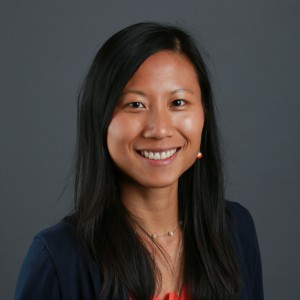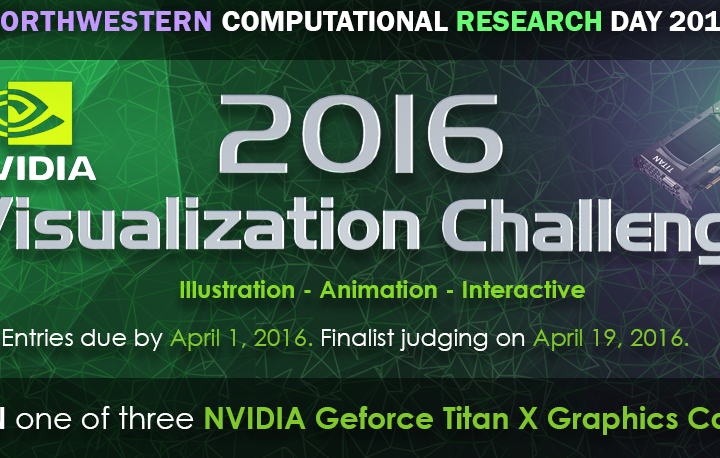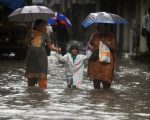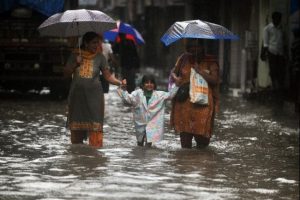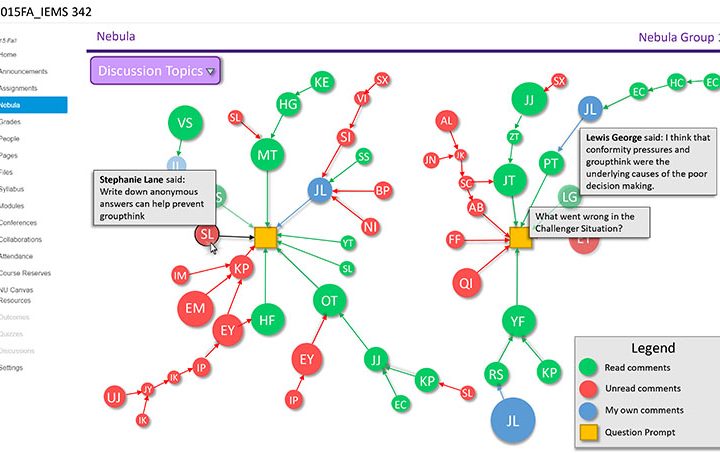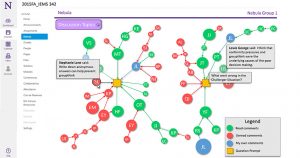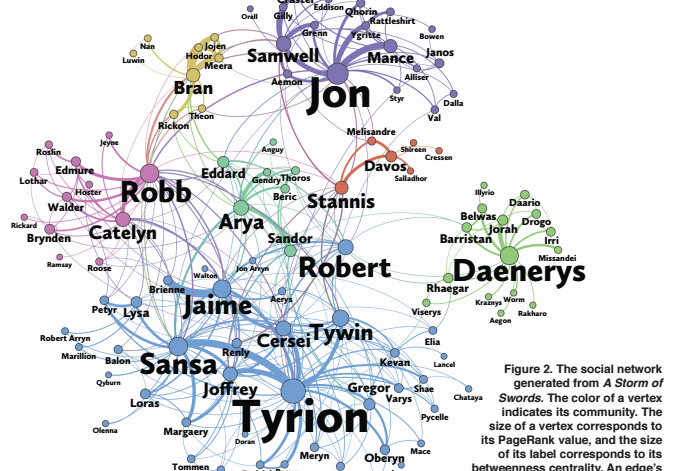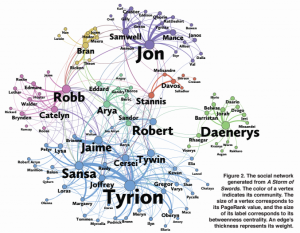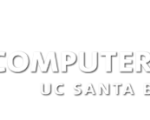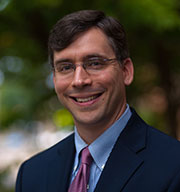El acceso a grandes volúmenes de información sobre los fenómenos sociales en general y sobre la red en particular tiene un valor extraordinario para los científicos sociales. Pero esta apasionante oportunidad debe estar acompañada de la reflexión sobre cómo los big data pueden dar lugar a nuevas teorías y métodos. Utilizando ejemplos de su investigación en el área de redes, Contractor analizará el aporte de la Ciencia de Redes al desarrollo de nuevas comprensiones a partir de grandes volúmenes de datos. Más importante aún, ilustrará cómo estas ideas ofrecen a los científicos sociales y los estudiosos de redes sociales, una oportunidad sin precedentes para participar más activamente en la supervisión, la anticipación y el diseño de intervenciones para hacer frente a los grandes desafíos sociales. – See more at: http://citep.rec.uba.ar/blog/2016/04/20/2398/#sthash.b8XUhK7X.dpuf

La conferencia se realizará el miércoles 27 de abril a las 18 hs. en Pte. J. E. Uriburu 950, entrepiso.
No se requiere inscripción previa para participar de la actividad.
Para más información, ingresar en: http://programasiglo21.rec.uba.ar
